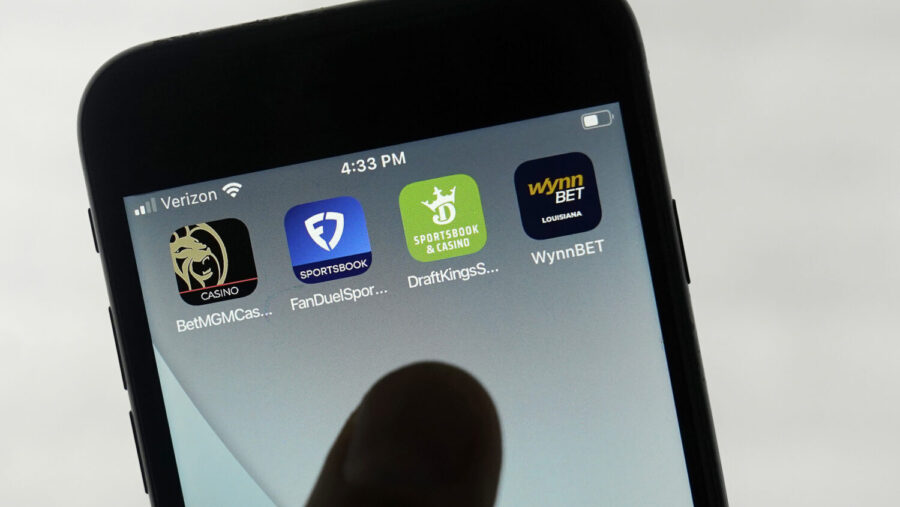
SALT LAKE CITY — A new study found that searches related to gambling addiction issues have increased nationally in recent years.
The increase began after the Murphy v. National Collegiate Athletic Association Supreme Court 2018 decision that cleared the way for states to legalize sports betting.
The study, published in the Journal of the American Medical Association, found a 23% increase in searches related to gambling addictions from 2016 to 2024.
Additionally, sports betting increased from $4.9 billion in 2017 to $121.1 billion in 2023.
The study found a need for addressing “the health implications of sportsbooks, including recognition and treatment of gambling problems and their broader societal implications.”
How a gambling addiction works and signs to watch for
Bryan Hedin is the executive director at Renaissance Ranch, a substance abuse treatment program in Utah.
He told Dave & Dujanovic that addiction affects the brain’s reward system.
“We’re releasing an abnormal amount of chemicals in dopamine and other chemicals that our brain naturally produces. But in addiction, if you hit a jackpot on a slot machine, it’s going to release an abnormal amount of chemicals, dopamine, that rewards you temporarily.”
One of the problems with a gambling addiction is that people can win, Hedin said.
“Sometimes you can win. And so you see that money either in your hand or your account, as opposed to maybe a drug addiction … You can win for a few minutes, but then there’s overwhelming losses.”
If someone is worried about a gambling addiction, Hedin said there are some signs to be aware of.
“It comes back to ‘am I spending money that I don’t have?’ You know, ‘am I taking money to the, whether it be the casino or online, that if I lose it, it’s going to hurt?’”
Hedin also said to look out for patterns of lying and theft.